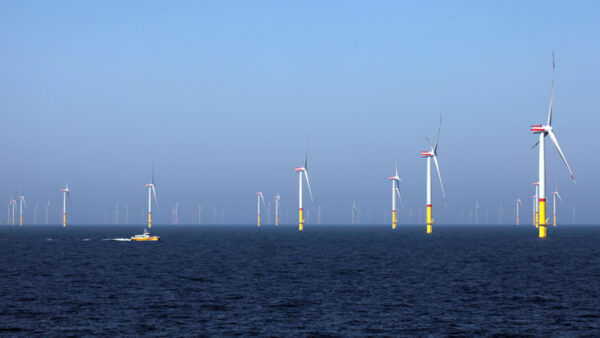Atkins, the UK-based design and engineering consultancy, has been appointed client’s engineer for the Swansea Bay Tidal Lagoon power-generating project in Wales, UK – claimed to be the first renewable energy scheme of its type in the world.
Under the contract, awarded by the client Tidal Lagoon Swansea Bay Plc, Atkins will provide specialist design and engineering support for the breakwater, turbine house and ancillary works.
Atkins will also support the tender process by helping develop documents and reviewing responses and detailed designs.
The plan is for an 11.5-sq-km portion of Swansea Bay to be enclosed by a 9.5-km-long breakwater, called a bundwall. Turbines would be encased in sluice gates at the deepest section, and would generate power as the water flowed in and out of the lagoon.Â
The 320MW facility is expected to provide around 16 hours of generation every day.
Promoters have said it will be the first tidal lagoon in the world to use use bi-directional turbines to generate electricity on the incoming and outgoing tide.
Situated in the Bristol Channel, Swansea Bay experiences some of the highest tides in the world.
If it gets the go-ahead, the lagoon is expected to generate enough power for the domestic needs of the city of Swansea from 2017.
Once a design and build contractor is appointed and construction work starts, scheduled for Spring 2015, Atkins will also provide a range of site supervision, auditing and technical checking services.
“This scheme can move tidal lagoons from being a great idea to something real which can deliver green and reliable energy for thousands of homes and businesses around the UK within the next few years,” said Mike McNicholas, managing director of Atkins’ UK design and engineering business.
“It is a world first and something which will make a positive difference to people in the UK and possibly wider afield,” he added.
Atkins said that the Swansea Bay Tidal Lagoon scheme has been accepted for consideration as a “Nationally Significant Infrastructure Project” and could be a blueprint for more low-carbon energy infrastructure in the UK.






